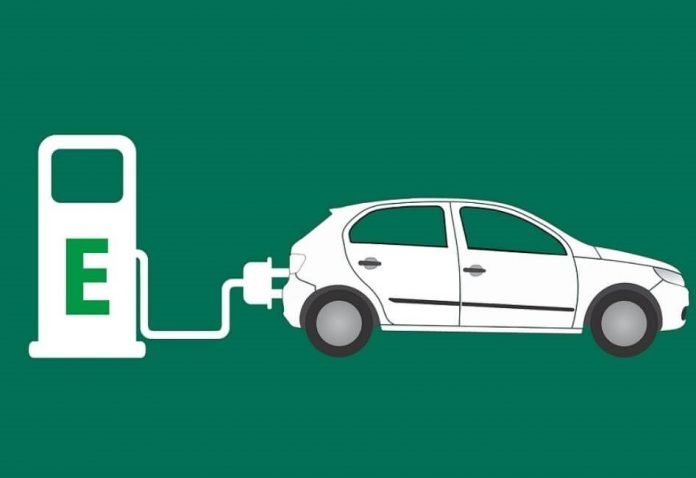In the pursuit of meeting ambitious climate goals, the electrification of long-haul freight across Europe stands as a pivotal strategy. To realize this vision, Member States must prioritize the development of high-capacity charging infrastructure, known as ‘megawatt charging,’ along crucial freight corridors. The urgency escalates with the Alternative Fuels Infrastructure Regulation mandating the initiation of this network’s build-out by 2025.
However, the discourse on electrifying freight often overlooks a critical element: understanding the costs and market implications of megawatt charging along key highways. Policymakers, planners, and site operators face the challenge of establishing an efficient and cost-effective network for electric trucks while complying with regulatory requirements.
Recognizing this gap, RAP conducted a comprehensive analysis of megawatt charging costs across various Member States. The findings revealed stark differences in pricing, particularly across national borders and within the same country, with network costs identified as the primary driver of these variations.
Fleet operators, seeking to minimize costs, engage in a contemporary version of ‘petrol tourism,’ selecting the most affordable charging sites regardless of location. While this approach may seem cost-effective for operators, it can pose challenges to the grid and hinder the systematic build-out of the charging network.
To address these challenges and propel the development of megawatt charging infrastructure along core EU freight corridors, coordinated policies at both EU and national levels are crucial. The following recommendations are put forth for policymakers:
1. Ensure Accurate Network Pricing:
Set volumetric time-of-use network pricing that accurately reflects the actual costs incurred over the medium to long term. Recent European energy market reforms support this principle, providing guidance to national energy regulators.
2. Coordinate Taxes and Levies:
Mitigate large price differences in truck charging by coordinating taxes and levies between Member States. This proactive approach will help harmonize pricing in the near term and foster a more equitable environment for electric freight operators.
By implementing these recommendations, policymakers can navigate the complexities of megawatt charging, fostering a sustainable landscape for electric trucks while contributing significantly to Europe’s broader climate goals.







